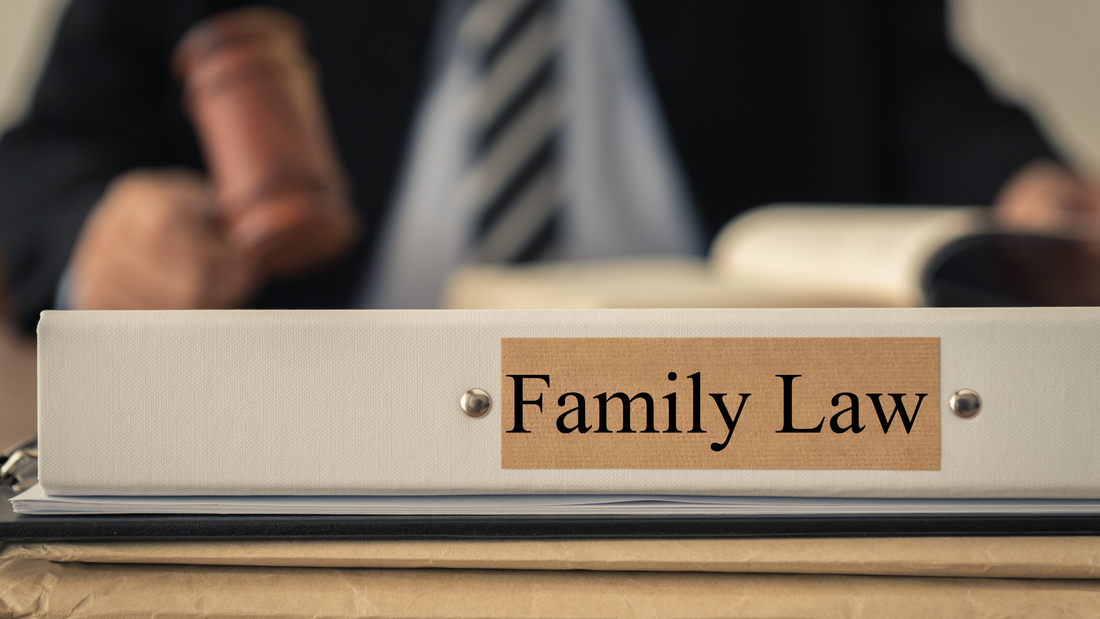Deciding Pet Custody in Florida Divorce Cases
For divorcing couples with pets, one of the biggest issues that must be resolved is who gets to keep them. The idea of parting ways with one’s furry friend can be hard to bear, yet it is likely to be a reality for one of the divorcing parties. Though many owners may think of their pets as children, they aren’t considered as such in divorce court. Instead, pets are considered personal property.
Determining Ownership
While Florida’s laws governing child custody provide the courts with extensive discretionary authority, the laws concerning who keeps pets are more concrete. Decisions regarding ownership of pets are governed by personal property laws. Therefore, options like shared custody and visitation are not available for pets. Owners who wish to agree on such terms will need to work with their counsel to come to a legally binding agreement.
If a pet was purchased or adopted by one individual prior to the marriage, particularly one that is still listed as the owner on legal documents, the pet will be considered a non-marital asset. Therefore, the original owner will be permitted to keep the pet. However, if a pet was purchased jointly after marriage, it is considered marital property and will be subject to equitable distribution.
Factors That Judges Consider
The process for deciding pet custody in a Florida divorce is the same as with determining how to distribute other possessions. The judge will entertain arguments from each party as to who should retain ownership of the pet, and then make a final decision. This decision will be based on a number of factors, including some which are similar to those in child custody cases. Though pets are viewed as property in divorce proceedings, it is still important to keep the animal’s interests in mind and determine which individual is best able to care for it.
If you have questions regarding divorce in Florida, our skilled attorneys are always just a call away. Contact our office to schedule a free, no-commitment consultation.





